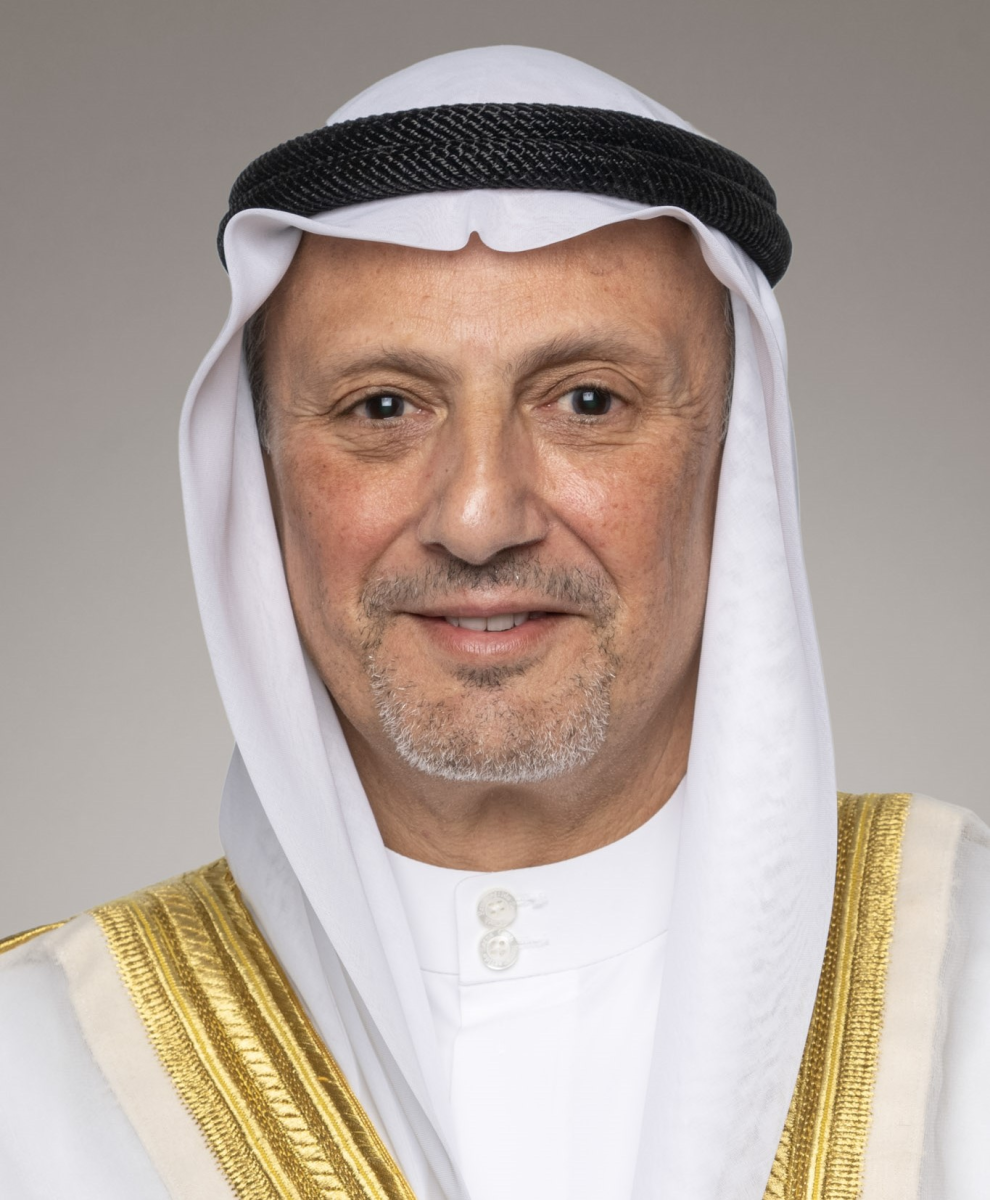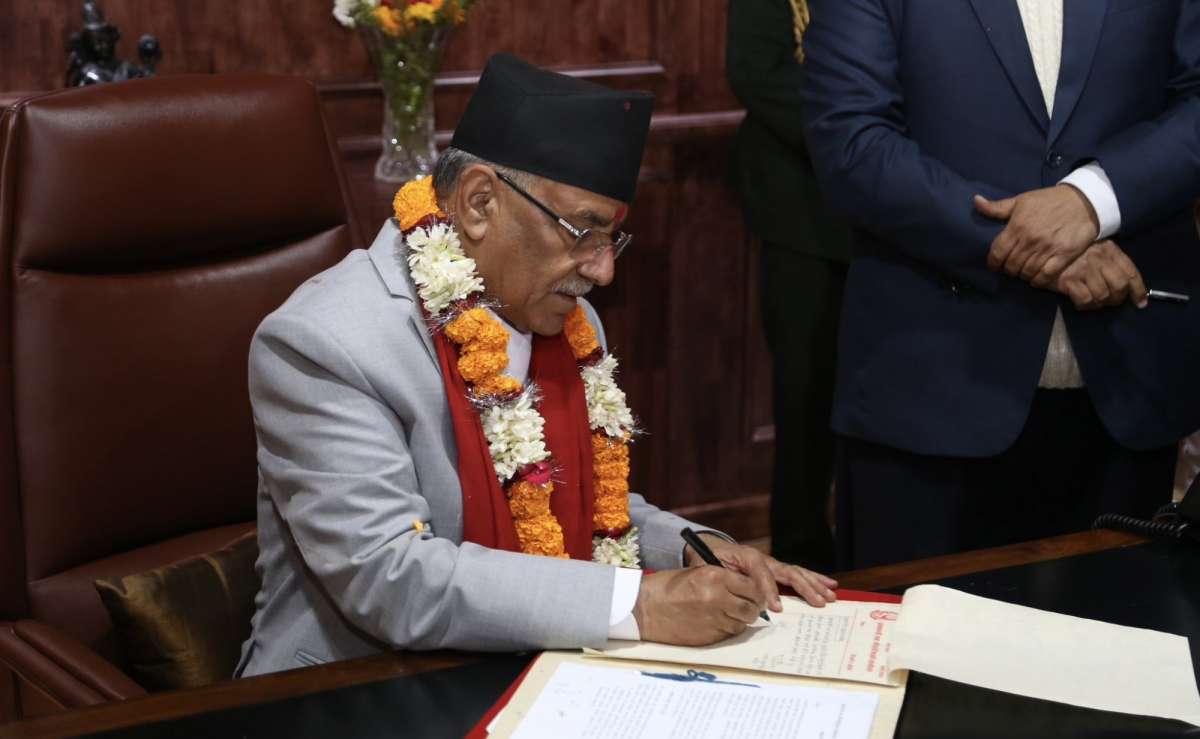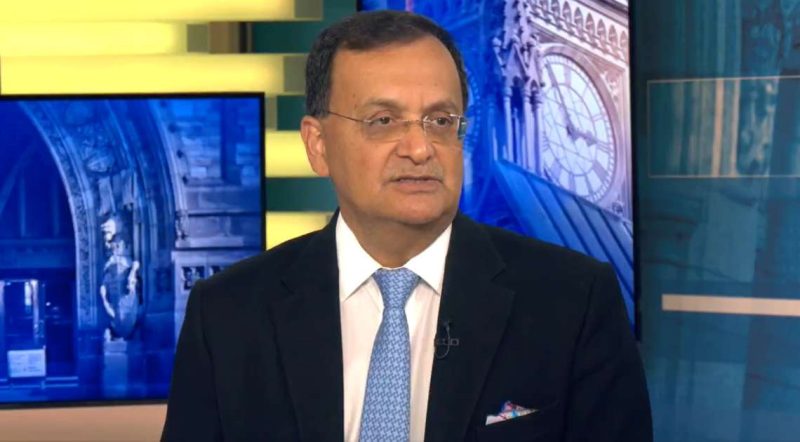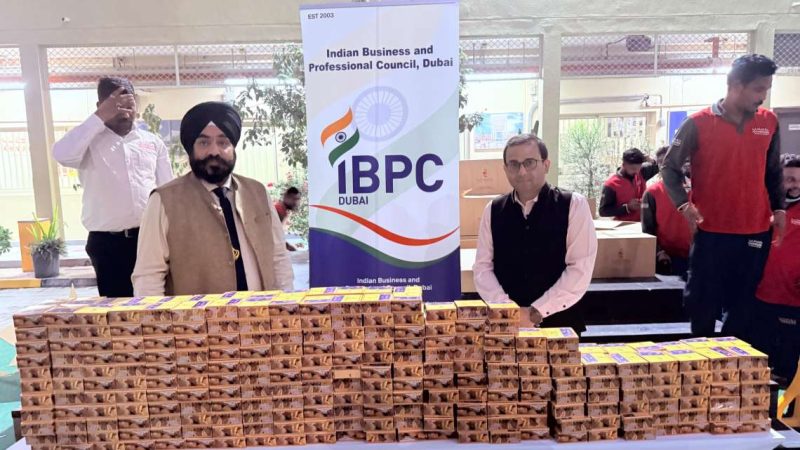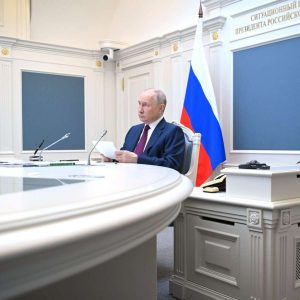Come 2023, the Supreme Court will deliver its judgment on a clutch of petitions challenging the demonetisation, and it will also examine several contentious issues, notably petitions against CAA, a report by Sumit Saxena
In the penultimate phase of 2022, many friction points emerged between the Centre and the judiciary over delay in appointment of judges to the higher courts.
Amid the ongoing feud, the Supreme Court collegium recommended the names of five high court judges for the elevation to the apex court, which is pending for clearance from the Centre.
Come 2023, the Supreme Court will deliver its judgment on a clutch of petitions challenging the Centre’s 2016 decision to demonetise Rs 1,000 and Rs 500 notes and it will also several examine contentious issues, notably: the Delhi government-Centre row over control of services, the legal tussle between Eknath Shinde and Uddhav Thackeray factions of the Shiv Sena, petitions challenging the validity of certain provisions of Places of Worship (Special Provisions) Act, 1991, and more than 200 petitions against Citizenship (Amendment) Act (CAA) etc.
In 2022, the apex court saw three Chief Justices of India (CJI). The tenure of CJI N.V. Ramana – who became the 48th CJI in April 2021 and retired in August 2022 – saw cordial relations between the Centre and judiciary as several appointments were made to the higher judiciary.
The major part of the short tenure of CJI U.U. Lalit also did not see any flareup on the issue of either collegium system or delay in appointment of judges. However, at the end of CJI Lalit’s tenure and before the beginning of incumbent CJI D.Y. Chandrachud’s tenure, Law Minister Kiren Rijiju criticised the Supreme Court collegium system.
Rijiju, at a media event, said that judges only recommend the appointment or elevation of those they know and not always the fittest person for the job. Later, the Law Minister also criticized listing of bail pleas and frivolous PILs, and the long court vacations.
After the minister, Vice President Jagdeep Dhankar, in his maiden address in the Rajya Sabha, minced no words in criticising the collegium system. He said the National Judicial Appointments Commission (NJAC) Bill was passed unanimously by the Parliament, but it was “undone by the Supreme Court”.
In December, the Supreme Court collegium recommended the name of five high court judges for elevation to the apex court: Justice Pankaj Mithal, Chief Justice, Rajasthan High Court (parent high court (PHC): Allahabad); Justice Sanjay Karol, Chief Justice, Patna High Court (PHC: Himachal Pradesh); Justice P.V. Sanjay Kumar, Chief Justice, Manipur High Court (PHC: Telangana); Justice Ahsanuddin Amanullah, Judge, Patna High Court; and Justice Manoj Misra, Judge, Allahabad High Court. As the Centre stepped up criticism of the collegium system, the pending clearance on the appointment of judges to the higher judiciary assumes significance.
The Centre’s no-holds-barred attack prompted sharp response from the judiciary, and the apex court slammed the Centre over the delay in appointment of judges to the higher judiciary. Earlier this month, the Supreme Court said that the scheme of the Constitution requires it to be the final arbiter of law and Parliament has the right to enact a law but the power to scrutinise it lies with the court, while hearing a contempt plea against Centre for breaching the timeline for judicial appointments.
On the heels of this ongoing feud, in 2023, the apex court is scheduled to pronounce its judgment on January 2, on a clutch of petitions challenging Centre’s 2016 decision to demonetise currency notes of Rs 1,000 and Rs 500 denominations, and later it will also pronounce judgment on a batch of petitions seeking a collegium-like system for the appointment of the ECs and Chief Election Commissioner (CEC).
The top court will continue to examine matters related to the Delhi-Centre row on powers, the Maharashtra political crisis, petitions challenging the validity of certain provisions of Places of Worship (Special Provisions) Act, 1991, more than 200 petitions against Citizenship (Amendment) Act (CAA), petitions seeking a direction to extend the benefit of reservation to Dalits converts to Christianity or Islam etc.,
In 2022, the top court delivered verdicts in significant matters — a five-judge bench, by a 3:2 majority, upheld the 10 per cent reservation for economically weaker sections (EWS) in admissions and government jobs; the court upheld the Enforcement Directorate’s powers to arrest, attach property involved in money laundering, search and seize under the Prevention of Money Laundering Act; and, it also upheld the SIT’s clean chit to prime minister Narendra Modi, who was then Gujarat Chief Minister, and 63 others in the alleged larger conspiracy behind the 2002 post-Godhra riots.
In October 2022, the apex court suspended the Bombay High Court order acquitting former DU professor G.N. Saibaba and others in a Maoist-links case.
In August 2022, however, it granted bail to 82-year-old poet and activist P. Varavara Rao, an accused in the Bhima Koregaon case, on medical grounds and in November 2022, the apex court allowed activist Gautam Navlakha, another accused in the Bhima Koregaon case, to be placed under house arrest in view of his health condition.
On May 11, the Supreme Court said it is cognizant of the integrity of the state on one hand, and the civil liberties of citizens on the other, as it put on hold the colonial-era penal provision of sedition.
The apex court also asked the Centre and state governments to refrain from registering any FIRs under the sedition provision, Section 124A of the Indian Penal Code, till review of the law by Centre is complete.
On October 31, Attorney General for India R. Venkataramani told the Supreme Court that Centre is in the process of reviewing criminal laws during the hearing on a clutch of petitions challenging Section 124A of the Indian Penal Code which criminalises sedition. The AG said something may happen in the winter session of the Parliament and requested for granting additional time to the Centre so that appropriate steps may be taken.






